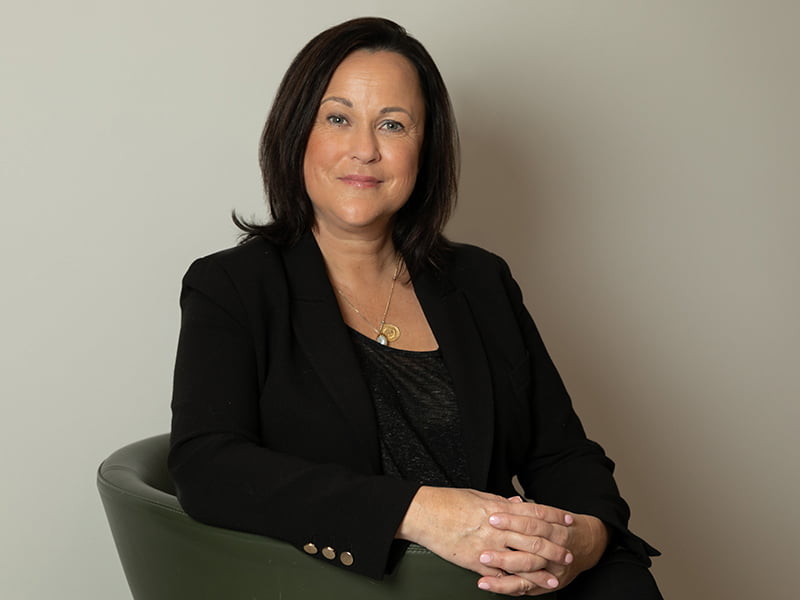COVID-19 social distancing prevented judges, lawyers, witnesses and litigants from physically appearing in court. It forced courts to undergo overnight digital transformations and raises the prospect of remote hearings becoming a more permanent fixture of tomorrow’s courts.
From March, courts in Australia, the US, the UK, Canada and elsewhere swiftly moved to virtual hearings using a mix of audio and video technology, with evidence submitted electronically and rulings handed down without oral evidence.
Richard Susskind, who literally wrote the book on Online Courts and the Future of Justice, reckons the pandemic has shown that remote courts, in particular video hearings, do work surprisingly well. Courts and tribunals in the UK handled 90 per cent of hearings with either audio or video during April.

However, Mr Susskind hopes that courts’ adoption of video and audio leads to a broader digital transformation of courts.
“We should have tools to help people formulate their arguments, to present and organize their evidence, to allow parties to negotiate and perhaps settle their disputes without third-party intervention,” Mr Susskind told Australian Society for Computers and Law in a recent webinar.
“It’s about moving away from the concept of courts developed and designed by lawyers for lawyers, to courts that are genuinely available and accessible to a non-lawyer.”
But for the justice system, COVID-19 forced an unplanned pilot of new technologies that potentially lays the foundation for a future online court system.
Despite the pandemic generating a hefty backlog of criminal cases in NSW, the situation demonstrated that virtual courts can be effective in civil cases and may become a faster and cheaper way to settle disputes.
Jacqui Nelson, chief executive officer at Australian cybersecurity firm Dekko Secure, says Australia’s justice system has traditionally resisted online systems because key stakeholders were wary of security and the potential for a data breach.
One of DekkoSecure’s recent engagements with a NSW government law agency was particularly telling.
Solicitors at the agency working from home during the lockdown had clients from other agencies who needed to share highly sensitive information but insisted on using couriers to hand-deliver USB thumb-drives to solicitors’ houses.
“It just shows that the legal and justice systems have always had these workarounds that have been based on security and not trusting technology to get the jobs done,” Ms Nelson tells InnovationAus.
“Certainly, COVID has thrown them into a situation where they’ve had to find ways of working with technology and, fortunately for us, we are a security company, so we can help them with that,” she said.
However, she believes that courts and the broader legal industry will move toward a hybrid model where video meetings play a more prominent role in business and professionals spend less time is traveling interstate for meetings.
DekkoSecure has carved out a niche supplying online communication services to law enforcement across Australia but has also made inroads with healthcare and government.
Its core products include DekkoVault, a secure document and file-sharing service, and DekkoLynx, a recently launched Zoom-like service for highly-confidential video meetings between senior government officials and communications at the ‘Protected’ level. Both Dekko products use end-to-end encryption.
Ms Nelson said the company expected “a lot of resistance” when it presented its technology to the Supreme Court of NSW and the Administrative Appeals Tribunal because of the significant changes it posed to long-standing manual document exchange processes.
“But I think it didn’t take long for them to understand some of the benefits that could be delivered by technology once they were able to overcome the security piece to feel comfortable that they weren’t going to be compromised in terms of security.
“A breach of highly-sensitive papers can be catastrophic. I think they realized that technology could help them improve efficiencies. Technologies like ours has allowed judges to do pre-reading while they’re sitting at the bench rather than doing all their pre-reading back at the chambers.”
“For both law enforcement and the court, when you are hand delivering documents, you don’t actually know what’s happened to the lifecycle of that document. When you use the right technologies, it can solve all of that.
“You have the right audit trails, authentication, and authorisation principles, so it makes the management of chain of custody and non-repudiation of documents, and video conferencing, really compelling for them.”
Nelson said she’s fairly comfortable with Australia’s controversial anti-encryption law, the Telecommunications and Other Legislation Amendment (TOLA) Act. However, she does welcome the recommendations in the Independent National Security Legislation Monitor’s (INSLM) recently released report of its review of TOLA.
“I think there’s a lot of misinformation around the TOLA law,” says Nelson. “We work with end-to-end encryption, but I think the most important thing to understand is that end-to-end encryption on its own, without any of the other controls like end-to-end security, can be dangerous.”
By end-to-end security she means Dekko does retain an audit trail and metadata through its authorisation and authentication processes.
“We don’t have access to any of the content shared or discussed on our system. That’s the idea of end-to-end encryption. Some of these platforms with end-to-end encryption actually hold the keys. We don’t. The keys to customer’s data are only ever decrypted on the client device.
“We never have access to the keys and all our accreditations prove that, but we do keep metadata and if we are asked to supply the metadata then, absolutely, we will do that in line with the relevant laws. But at no stage in doing that are we ever able to share the content of the information purely and simply because we can’t get access to it.”
This article has been published as part of the ‘Connect with Confidence’ series produced in partnership with Dekko Secure.
Do you know more? Contact James Riley via Email.
